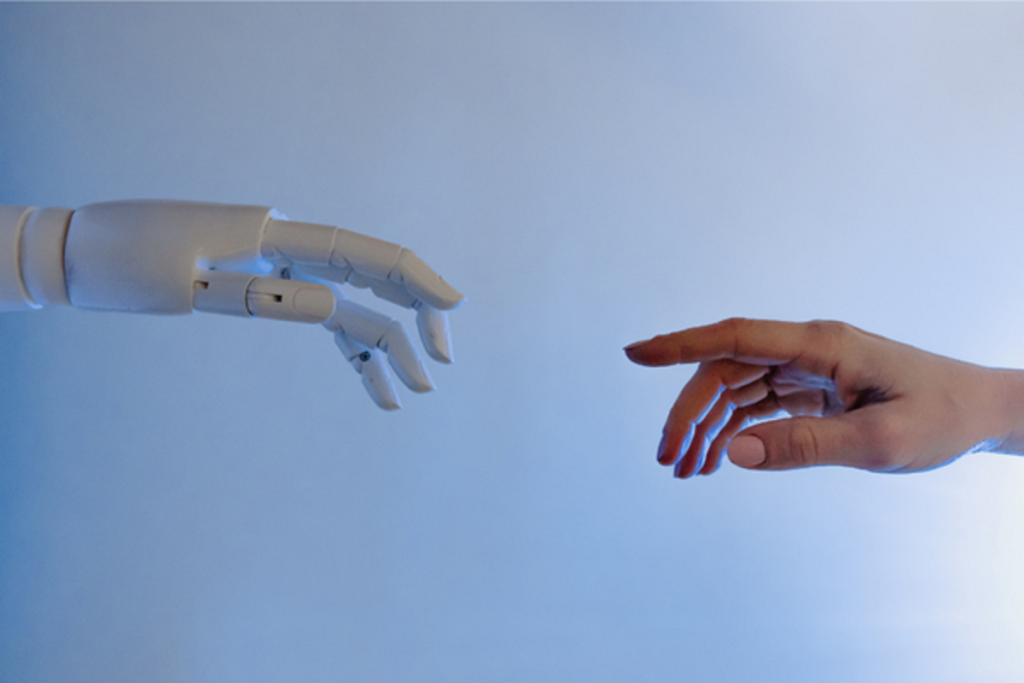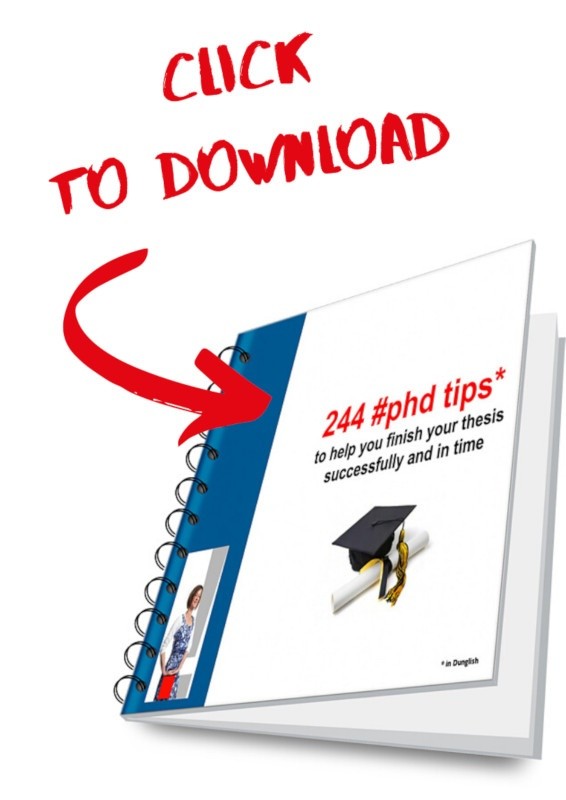“Can you help me make this paragraph flow a bit better?”
Long live ChatGPT. Within seconds, a new version appeared on my screen. More readable. To the point. And to be honest: it was a relief.
Maybe you’ve had similar moments. You’re trying to find the right words, you’ve lost the thread, or you’ve been staring at a sentence that’s going nowhere. And then suddenly, there’s AI. Fast. Smart. Surprisingly helpful.
But at the same time, a different feeling creeps in: Where do I draw the line? Am I still doing this myself?
What can AI actually contribute to your PhD process — and what might it be taking away?
What AI Can Help You With
AI tools like ChatGPT can genuinely support your day-to-day thinking and writing work. Many PhD candidates use them for things like:
- Structuring your thoughts – AI can help you organise loose ideas or suggest a logical flow.
- Rewriting sentences – When you’re stuck on tone or clarity, it might just produce that one version that works.
- Summarising literature – For a quick, high-level understanding of an article or report.
- Brainstorming – Generating new angles, questions, or examples in an early stage.
- Offering tips – For example, how to approach a conversation with your supervisor.
Especially in moments when you need momentum or clarity, AI can be a valuable thinking partner — like an extra set of eyes and ears that’s always available.
What AI Can’t Help You With
At the same time, it’s important to stay aware of the limits. There are certain aspects of your PhD that only you can do:
- Critical thinking – AI can suggest, but it can’t weigh, argue, or prioritise.
- Creativity and curiosity – Real insight, original connections, intuitive leaps — those are still yours.
- Understanding context – AI doesn’t know what’s going on in your field, your team, your topic — or in your head.
- Guaranteeing reliable sources – AI sometimes invents references, or confidently paraphrases something… that’s simply not true.
As long as you keep these limitations in mind, AI can be a safe and effective tool in your PhD toolbox.
What Universities Are Saying
Universities are increasingly publishing guidelines for the use of AI in research and education. The core message? You may use AI, but not blindly — and not secretly.
The details vary per institution, but the shared principle is this: you remain fully responsible for the content of your work. If you use AI to rewrite text or generate ideas, you need to disclose that. If you don’t, it could be considered fraud or plagiarism.
Universities also emphasise: AI must never replace your thinking. You are the one who interprets, decides, and takes ownership of academic quality.
Not sure what’s allowed in your situation? Talk to your supervisor. A quick check-in can save a lot of trouble later — and keeps things transparent and aligned with your university’s expectations.
What You Might Miss When AI Does Too Much
And then there’s something else. Something that’s talked about less often, but becomes very real once you’re deep into your PhD.
Say you use AI to summarise an article. Fast, efficient. But have you really understood what it says? Have you noticed where it’s thin, where it challenges you, what it adds to your thinking?
Or you let AI rewrite a paragraph. Nice — it reads better. But do you understand why it’s better? Would you be able to do it yourself next time?
A PhD is not just something you complete. It’s also something that changes you. You grow as a thinker, a writer, a decision-maker. And that growth often happens in the hard parts — the stuckness, the rewrites, the doubt. Not always fun, but often essential.
There are things no tool can teach you. Maybe those are the most valuable parts of the journey.

What do you think of this AI generated picture?
Book tip: ChatGPT in Scientific Research and Writing
Would you like to understand how to use AI smartly and responsibly during your PhD? Then this guide is a great place to start:
ChatGPT in Scientific Research and Writing: A Beginner’s Guide
The book takes you through the many ways AI can support different phases of your research — without handing over your role as the researcher. It includes practical advice, ethical considerations, and real-life examples that spark ideas.
What I appreciate most: it encourages conscious, informed use. Not everything should be done with AI — but quite a lot can be, if you know how.
In Closing
AI is a powerful tool. And sometimes, it’s just a relief when you’re stuck.
But you are the thinker. The decider. The researcher.
Use AI where it helps. Let it inspire you. Let it support you. But stay present in your own process — because that’s where the real work happens.
Are you already using AI in your research? Curious, cautious, enthusiastic — or somewhere in between?
I’d love to hear how it’s showing up in your PhD journey. Feel free to drop me a message or comment!
In addition
Emmanuel Tsekleves recently published on LinkedIn the outcomes of a research he did about AI tools via this picture. Maybe it’s helpful for you?






